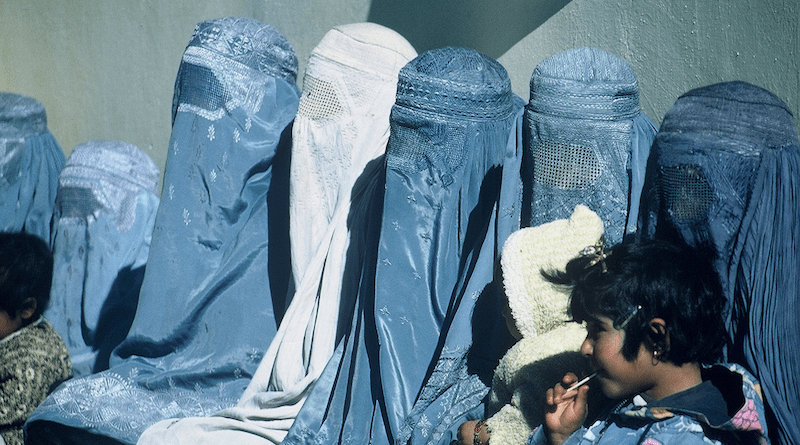Situation of Afghan Women: Urgent Calls For International Action – OpEd
In the aftermath of the Taliban’s takeover of Afghanistan in 2021, Afghan women have experienced extreme oppression under their rule. The Taliban has imposed strict interpretations of sharia law, resulting in severe limitations on the rights and freedoms of women and girls. Secondary education for girls has been prohibited, women have been forcibly removed from government jobs, and strict dress codes and travel restrictions have been enforced.
These actions represent a form of gender-based persecution and reflect the Taliban’s deeply discriminatory ideology against women. The lack of political representation, absence of elections, and severe restrictions on press freedom further exacerbate the situation.
Richard Bennett, the United Nations’ expert on rights in Afghanistan, has urged countries to consider classifying the Taliban’s treatment of women as ‘gender apartheid,’ an international crime. Bennett argues that recognizing gender apartheid would hold the Taliban accountable for their actions and emphasize the international community’s responsibility to end this practice. His report, developed in collaboration with the UN working group on discrimination against women and girls, recommends further examination and consideration of gender apartheid as an international crime. While some human rights organizations and countries have condemned the Taliban’s discriminatory policies, the Taliban has yet to show respect for women’s rights.
The recognition of gender apartheid as an international crime would carry significant weight. It would draw attention to the severity of the situation and underscore the international community’s duty to take effective action in ending this practice. By acknowledging gender apartheid as a crime, condemnation of the Taliban’s actions would be reinforced, and efforts to establish normative standards and legal mechanisms to combat this form of discrimination would be mobilized. However, a comprehensive approach that goes beyond individual countries’ vested interests is necessary for progress.
Numerous human rights activists, including Shaharzad Akbar, head of the Rawadari rights group and former head of the Afghanistan Independent Human Rights Commission, have passionately voiced concerns about the dire situation faced by Afghan women and girls. Akbar describes Afghanistan as a graveyard of their aspirations, dreams, and potential, emphasizing the urgent need for action. The UN has already classified the situation in Afghanistan as ‘gender-based apartheid,’ and now it is crucial for the international community to support the inclusion of gender apartheid in the Draft Convention on Crimes Against Humanity.
Representatives from various countries have expressed their support for recognizing gender apartheid as an international crime. Bronwen Levy, the South African representative, draws parallels with the global solidarity demonstrated during South Africa’s fight against racial apartheid and calls for similar action against gender apartheid in Afghanistan. Western and regional countries also express concerns and emphasize the importance of respecting human and women’s rights under the Taliban regime.
The urgency of the situation in Afghanistan demands immediate attention and action. Recognizing gender apartheid as an international crime would establish a legal framework to address the grave abuses inflicted upon Afghan women and girls by the Taliban. It would underscore the international community’s responsibility to put an end to this practice and prevent its recurrence. The voices of Afghan women and the support from countries worldwide must come together to demand justice, equality, and freedom for the women of Afghanistan. The leadership of Western nations is crucial in driving this cause, while other states should join in efforts to safeguard the future of Afghan girls and women.

